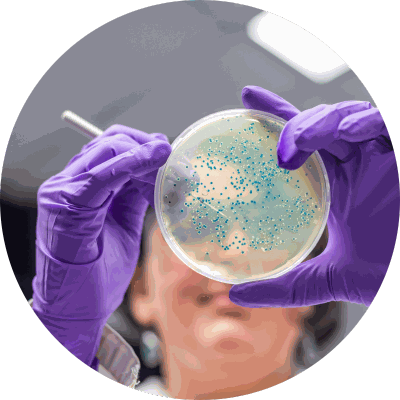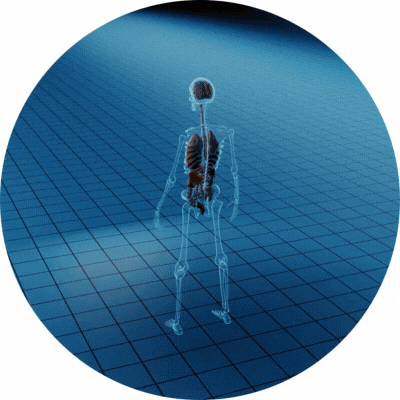Study links gut bacteria with post-operative complications
May 21, 2023 | Microbiology Lab
The National Institute of Health (NIH) records the incidence of postoperative complications in general surgery patients at around 5.8-43.5% with a mortality rate projected at n 0.79-57%. Most complications are attributed to infections in surgical wounds, which on certain occasions can be fatal.
A new study, however, that it is not bacteria from the hospital or other people that are causing some of these infections; it is bacteria from the patient's own gut. The intestine holds trillions of microbes, which are a normal part of our body. It revealed that our gut microbes can move away from the intestines after an operation even when the intestines are not injured during the procedure, though that can also happen. Gut microbes are able to get around the intestinal barrier after an operation, and then enter the lymphatic vessels and bloodstream to move around the body.
"It has long been known that side infections increase mortality during invasive procedures." Therefore, hygiene and strategies to keep surgical sites as clean as possible are used to reduce the risk that microbes can pose to surgical wounds, said Professor Guido Beldi, Chief of Visceral Surgery at the University Hospital for Visceral Surgery and Medicine at Inselspital in Bern.
In this research, the scientists determined which microbes were causing infections in about 4,000 people who had undergone a major surgical procedure. This indicated that in almost all cases, the causative agents were bacteria that had come from the patient's intestine, such as Enterococcus, Escherichia coli, and Clostridium.
These germs caused infections primarily after operations on the bile ducts, liver, pancreas, and small and large intestines. Patients who had large parts of their livers removed in a major liver resection were particularly susceptible and experienced significant delays in healing after the operation.
With a mouse model, the researchers showed that the liver has a unique role in this infection and healing process. A crucial group of immune cells called innate lymphoid cells (ILCs) are necessary for limiting the spread of these bacteria and promoting healing after major surgery, said Gomez de Agüero.
If gut microbes move to the bloodstream and then the liver, ILCs are triggered to respond. They release other signaling molecules that signal to the immune system, and liver cells are stimulated to release antimicrobial substances.
Now the researchers want to learn more about why certain factors in the intestinal barrier fail to prevent intestinal bacteria from moving into the body to cause infection after an operation.

